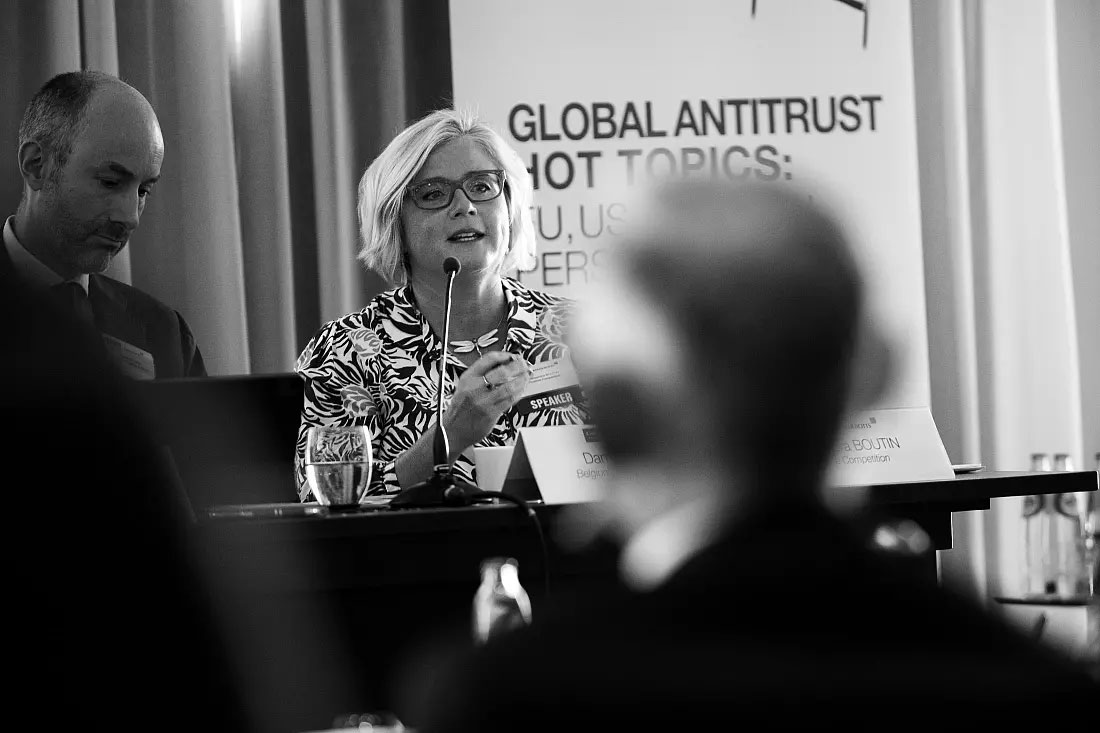News >
Aleksandra Boutin at the Concurrences – Baker Botts conference on “Global Antitrust Hot Topics”
Aleksandra’s panel focused on the recent and future developments in relation to the EU Guidelines on abusive exclusionary practices. Moderated by Paul Lugard from Baker Botts, the panel featured Damien Gerard from the Belgian Competition Authority, Miguel Perez Guerra from AB InBev and Chris Idermark-Boyd from Aramco as discussants.
In her opening remarks, Aleksandra made two important points. First, the European Commission’s 2008 Guidance paper and the “more economic” approach to abuse of dominance cases resulted from the Commission’s need, obliged by good economic thinking, to clarify the case law and push for an approach that allowed it to issue decisions that made sense. Second, these reforms have fostered both compliance and enforcement, the latter by allowing for more innovative theories of harm grounded in solid economic reasoning.
With regard to the future Guidelines on exclusionary Article 102 cases, Aleksandra expressed her hope that the Commission will explicitly state the need to articulate a relevant and economically valid theory of harm in each and every case and clarify how it will assess the evidence, in particular that provided by the parties. Aleksandra expressed her concerns about the future Guidelines, given the limited changes brought by the recent amendments to the Guidance paper and the way in which the reform was launched.
The panel also touched upon the AEC test and the AEC principle, to conclude with a brief discussion on non-price practices and the future of the Guidelines. Aleksandra pointed out the Commission’s different attitude towards new and old theories of harm. On the new ones, the European authority clearly embraces the “more economic” approach and one could therefore expect constructive guidelines there. On the more classical theories, however, the Commission has historically been more conservative, even defensive, and will find itself at a crossroads between two alternatives. On the one hand, it could embrace the change once and for all and provide clear principles and consistent treatment for all types of theories of harm, which is necessary for compliance. Or it could fight rearguard battles, just focusing on protecting its past and future enforcement.
About Us
Manifesto
News
Team
Careers
Get in Touch
Privacy Notice
© Positive Competition - 2026
WebDesign : Peranovich Design



